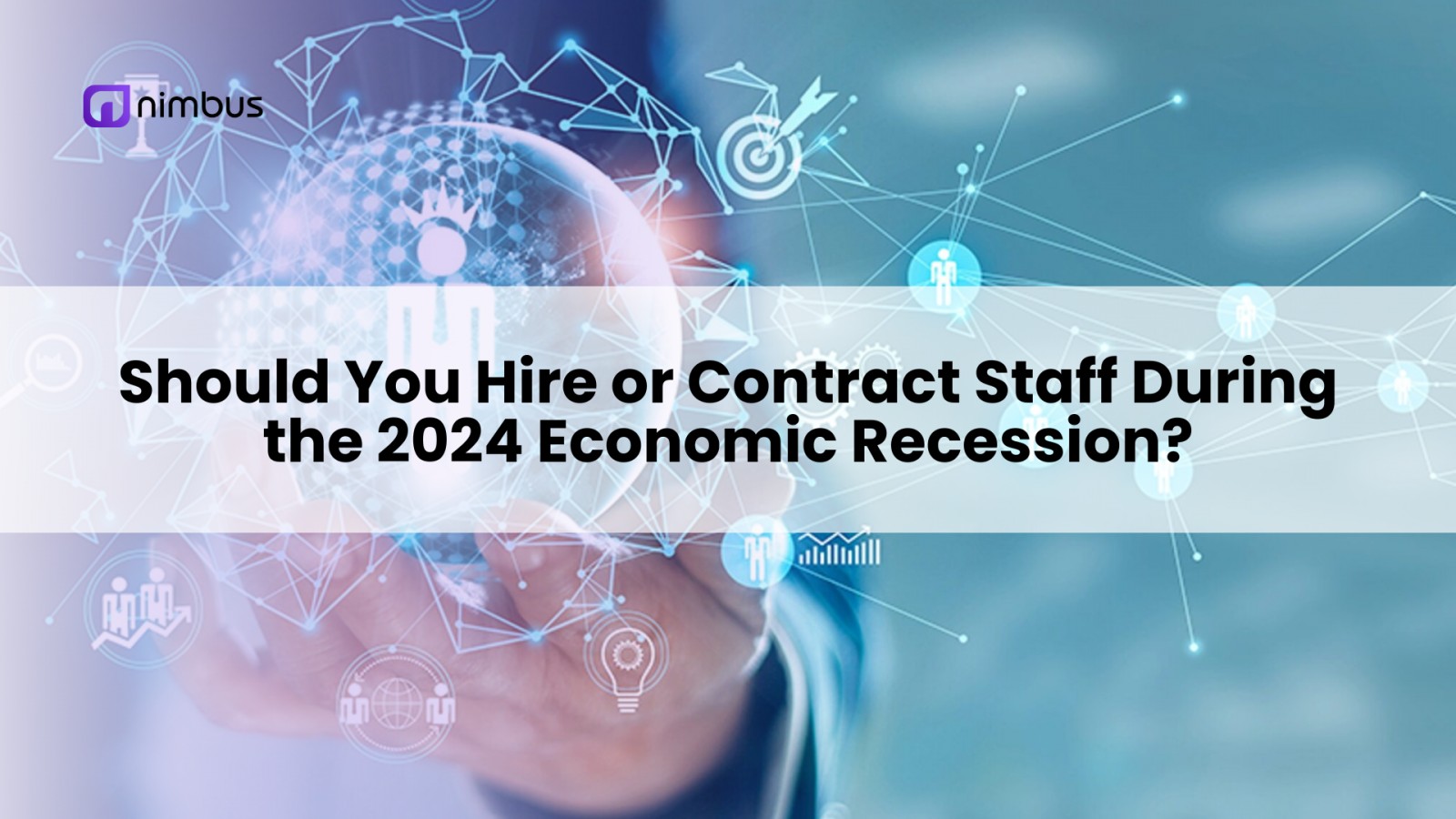Both options have their own advantages and disadvantages, and this decision should be based on various factors such as costs, flexibility, quality of work, and the future of the company.
Understanding the Economic Recession
An economic recession is typically characterized by a decline in GDP, reduced consumer spending, increased unemployment, and lower industrial production. These conditions create a challenging environment for businesses, where maintaining profitability and sustainability becomes increasingly difficult. Companies need to be strategic in their staffing decisions to navigate these turbulent times effectively.
The Case for Hiring Permanent Employees
Pros of Hiring Staff
Stability and Loyalty
Hiring permanent employees can provide a sense of stability and foster loyalty among staff. Permanent employees are likely to feel more secure in their positions, leading to higher morale and commitment. This can translate to better performance, reduced turnover, and a more cohesive company culture.
Investment in Skills and Development
With permanent employees, businesses can invest in training and development, enhancing the skill set of their workforce. This investment can lead to increased productivity and innovation, giving the company a competitive edge. Moreover, permanent employees are more likely to have a deeper understanding of the company’s operations, values, and long-term goals.
Higher Initial Costs but Long-Term Savings
While hiring permanent staff involves higher initial costs, including recruitment, training, and benefits, it can result in long-term savings. The reduced turnover and the increased efficiency from a well-trained and motivated workforce can offset these initial expenses over time.
Cons of Hiring Permanent Employees
Higher Fixed Costs
Permanent employees come with higher fixed costs, including salaries, benefits, insurance, and retirement contributions. These expenses can strain a company’s budget during an economic downturn, limiting financial flexibility.
Rigidity in Workforce Management
With permanent staff, businesses may find it challenging to adjust workforce levels in response to fluctuating market demands. Layoffs can be costly and detrimental to company morale, making it harder to quickly downsize if needed.
Risk of Reduced Productivity
During economic uncertainty, the pressure to maintain job security might lead to decreased productivity. Permanent employees may become complacent, leading to a decline in overall performance and innovation.
The Case for Contracting Temporary Staff
Pros of Outstaffing Service
Flexibility and Scalability
Contracting temporary staff offers businesses the flexibility to scale their workforce up or down based on demand. This is particularly useful during an economic recession when companies need to be agile and responsive to changing market conditions. Temporary staff can be hired for specific projects or peak periods without the long-term commitment associated with permanent employees.
Cost-Effectiveness
Temporary staff can be a cost-effective solution for short-term needs. Companies can save on costs related to benefits, retirement plans, and other long-term employee expenses. Additionally, staffing agencies often handle the recruitment and administrative aspects, reducing the burden on the company's HR department.
Access to Specialized Skills
Hiring temporary staff can provide access to specialized skills that may not be available within the current workforce. This is particularly beneficial for projects requiring niche expertise or technical skills that are not needed on a full-time basis. Temporary workers can bring fresh perspectives and new ideas, enhancing the overall quality of work.
Reduced Legal and Financial Risks
During an economic recession, the risk of legal and financial liabilities associated with layoffs and severance packages is a concern. Contracting temporary staff mitigates these risks, as companies can end contracts without the complexities and costs involved in terminating permanent employees.
Cons of Outstaffing service
Lack of Loyalty and Engagement
Temporary staff may not feel as invested in the company's success as permanent employees. This lack of loyalty and engagement can result in lower motivation, reduced quality of work, and higher turnover rates.
Balancing the Two Approaches
Hybrid Workforce Model
Many companies are adopting a hybrid workforce model, combining both permanent and temporary staff. This approach allows businesses to maintain a core team of permanent employees for stability and continuity while leveraging temporary staff for flexibility and specialized skills. The hybrid model provides the best of both worlds, enabling companies to navigate economic uncertainties more effectively.
Strategic Workforce Planning
Effective workforce planning is crucial in making the right staffing decisions. Companies should assess their long-term goals, current workforce capabilities, and market conditions to determine the optimal mix of permanent and temporary staff. Regular reviews and adjustments to the workforce strategy can help ensure alignment with business needs and economic realities.
Focus on Employee Engagement
Regardless of the staffing model, employee engagement and satisfaction should remain a priority. Engaged employees are more productive, loyal, and contribute positively to the company’s success. Providing opportunities for growth, recognition, and a supportive work environment can enhance engagement among both permanent and temporary staff.
Conclusion
In the challenging economic landscape of 2024, businesses must carefully weigh the pros and cons of hiring permanent employees versus contracting temporary staff. Each approach has its own set of benefits and drawbacks, and the right choice depends on the specific needs and circumstances of the company. By adopting a strategic and flexible workforce planning approach, businesses can navigate the economic recession more effectively, ensuring both short-term resilience and long-term success.
Given the current uncertainties and the need for agility, contracting temporary staff is a more prudent choice for most businesses. The flexibility, cost-effectiveness, and access to specialized skills provided by temporary staff can offer significant advantages during economic downturns. This approach allows companies to adapt swiftly to changing conditions without the long-term financial commitments associated with permanent hires. As such, focusing on a robust temporary staffing strategy can better position businesses to weather the recession and emerge stronger in the post-recession period.
